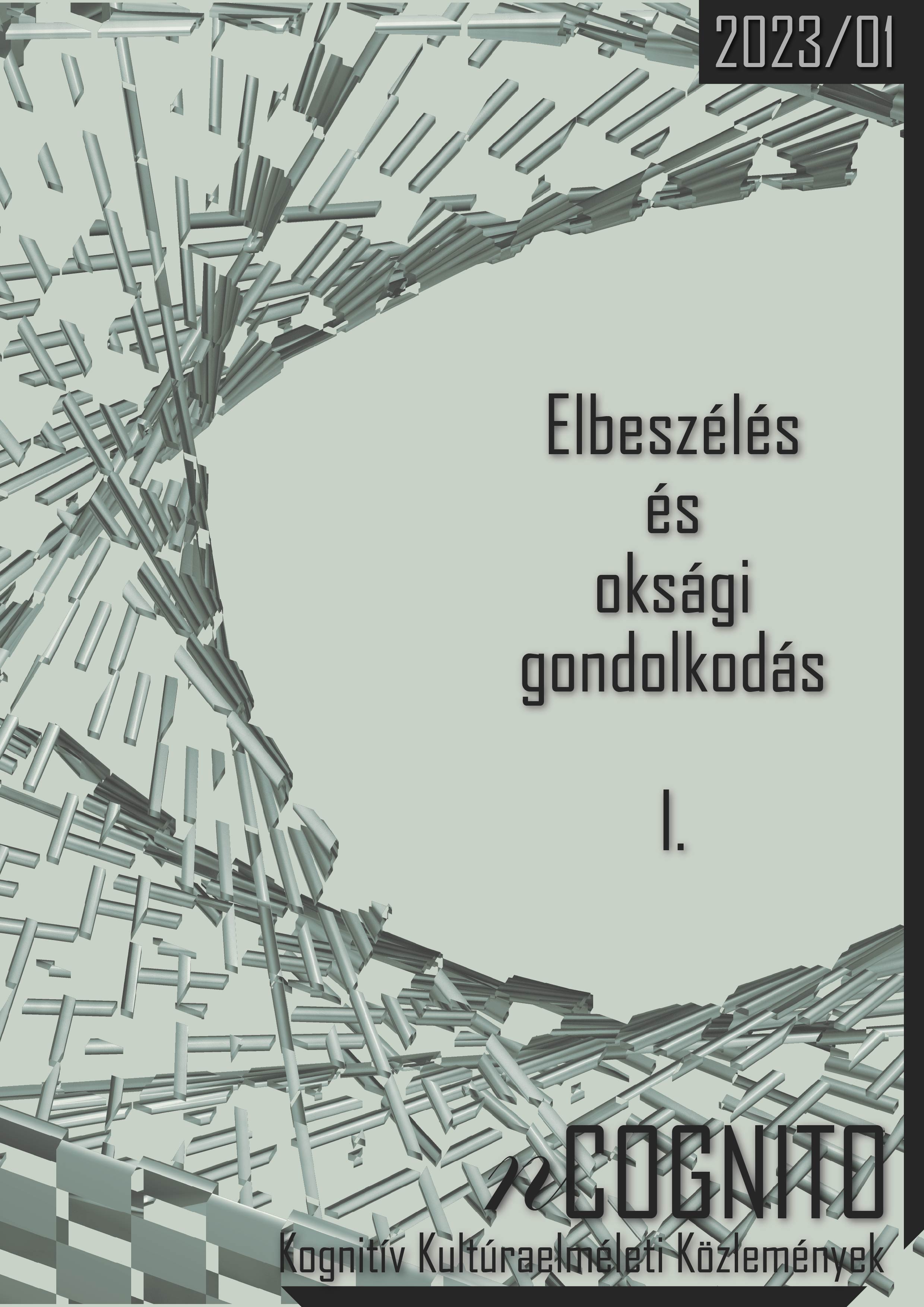A romance of evolution Emotional motivation in Dietmar Daths novel The Abolition of Species (2008)
Main Article Content
Abstract
Dietmar Daths novels are anything but easy-to-read science fiction. The reason for this is, on the one hand, the decidedly intellectual subject matter and, on the other, the complex literary presentation, which converges in Daths thesis according to which SF becomes as an art a “machine for opening up ways of knowing as well as results of knowing that could not be thought otherwise than with it and through it”
(Dath 2019, 99). The thought experiments of the SF are coupled with the intention of a literary communication that enriches the possibilities of knowledge that goes beyond it. Their difficulty comes from the thing itself, the ’science fiction’. This is also true of the novel The Abolition of Species (2008, engl. 2013), which has attracted the most attention in his oeuvre. “If Charles Darwin had written War of the Worlds”, says the blurb written by Dath, “a book like this would have come out of it: an adventurous love song, an epic meditation on the theory of evolution and an attempt to uncover fossils of creatures that have not yet lived.” (Dath 2008a) The novels posthuman future scenario shows a world of extreme biological-technical mutability that surpasses the imagination as well as overrides the usual reader routines. The irritation felt about this was expressed in several book reviews. This
is where the analysis begins. In controversy to previous research, which focuses on deciphering critical messages (f.e. Nitzke 2017), and partly also contrary to the supposed intention of the author (www.cyrusgolden.de), it is argued that there are certain “emotional cadences” (Velleman 2003, 15), “sympathies” developed by readers and felt for the characters, which help to overcome the gaps of the novel, its
“game” (Kappeler/Köneman 2011, 46) with narrative focalisation and unreliability (Menninger 2017), and the deliberately arranged staggering of metanarrative and metafictional interventions. With recourse to the animal fable as the source of Daths “evolutionary romance” (Dath 2008b, paragraph 4), the article attempts to prove that “affects” are a constitutive reader-controlling procedure for understanding the intended “effects” of the novel.

